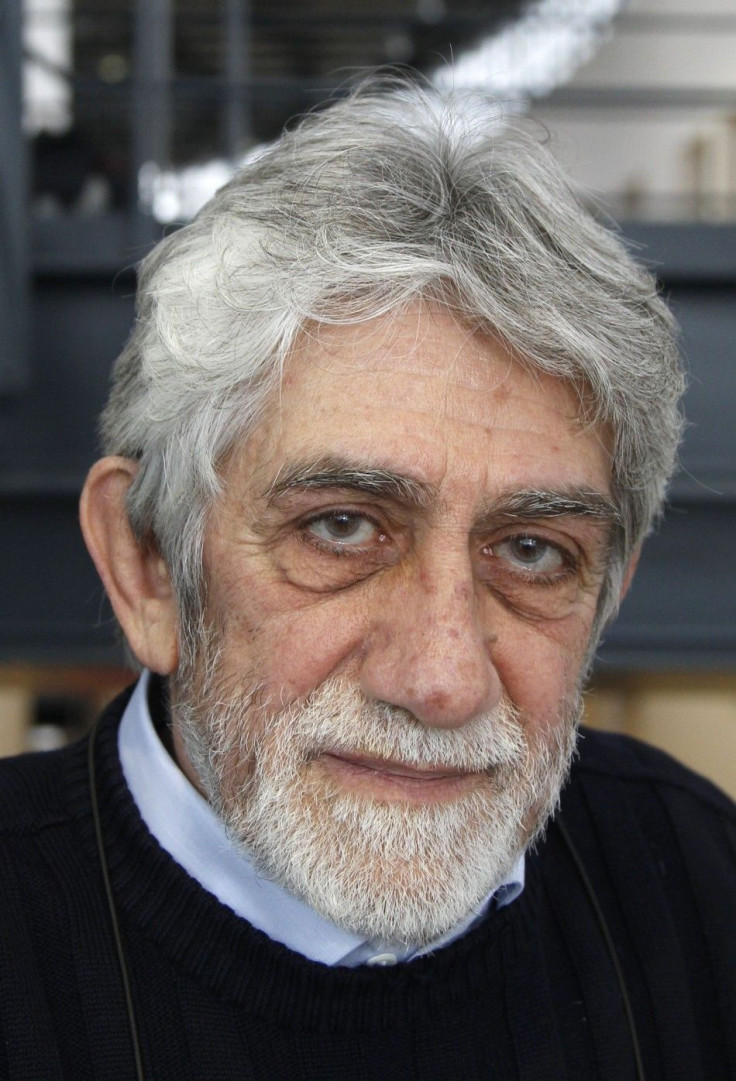Malaria Vaccine Protects Half of All Children in Breakthrough Trial

A new vaccine significantly reduces children's chances of contracting malaria, according to a major clinical trial in seven countries in sub-Saharan Africa.
The experimental vaccine, developed by the pharmaceutical company GlaxoSmithKline, was administered to children aged five months to 17 months. It cut the risk of contracting malaria by 56 percent and the risk of severe, life-threatening malaria by 47 percent.
We have never been closer to having a successful malaria vaccine, Christian Loucq, the director of the nonprofit PATH Malaria Vaccine Initiative, said at a malaria conference in Seattle on Tuesday.
The trial results for children aged six weeks to 12 weeks are pending, and GlaxoSmithKline officials said the vaccine could be approved for distribution by 2015.
A 56 percent success rate is not ideal, but the vaccine is still a major breakthrough given that health experts have long doubted whether it was possible to vaccinate against a parasitic infection.
We get used to seeing vaccines with 98-99 percent efficacy against common diseases in the West, Andrew Witty, the CEO of GlaxoSmithKline, told the Los Angeles Times. It's really important not to just look at the percentages, but to look at the absolute impact potential of the vaccine.
New Vaccine: Absolute Impact Potential
Given malaria's astronomical death toll -- more than 780,000 fatalities in 2009, according to the World Health Organization -- the absolute impact potential is hundreds of thousands of lives.
Obviously, one would want to have higher efficacy when it comes to severe disease, but we are still hoping we can improve the efficacy of the vaccine, Tsiri Agbenyega, a principal investigator in the vaccine trials in Ghana, told Reuters. We would have wished that we could wipe it out, but I think this is going to contribute to the control of malaria rather than wiping it out.
The vaccine, if approved, will be one more tool in the fight against malaria. The widespread distribution of bed nets treated with insecticides has greatly reduced the number of infections, as has the development of more effective anti-malarial drugs to treat existing infections.
There were many ups and downs and moments over the years when we thought, 'Can we do it? Should we continue? Or is it really just too tough? Joe Cohen, a GlaxoSmithKline research scientist who has spent 24 years trying to develop a malaria vaccine, told Reuters. But today I feel fabulous. This is a dream of any scientist -- to see your life's work actually translated into a medicine ... that can have this great impact on peoples' lives.
The vaccine works by stimulating an immune system response when parasites from the genus Plasmodium enter the bloodstream through a mosquito bite. The parasites normally migrate from the bloodstream to the liver, where they multiply before returning to the bloodstream and causing illness, and the vaccine is intended to stop them from reaching the liver.
GlaxoSmithKline has not said how much the vaccine will cost if it is approved, but officials promised to keep the price to the cost of manufacturing plus 5 percent, which will be directed toward future malaria research.
© Copyright IBTimes 2024. All rights reserved.





















